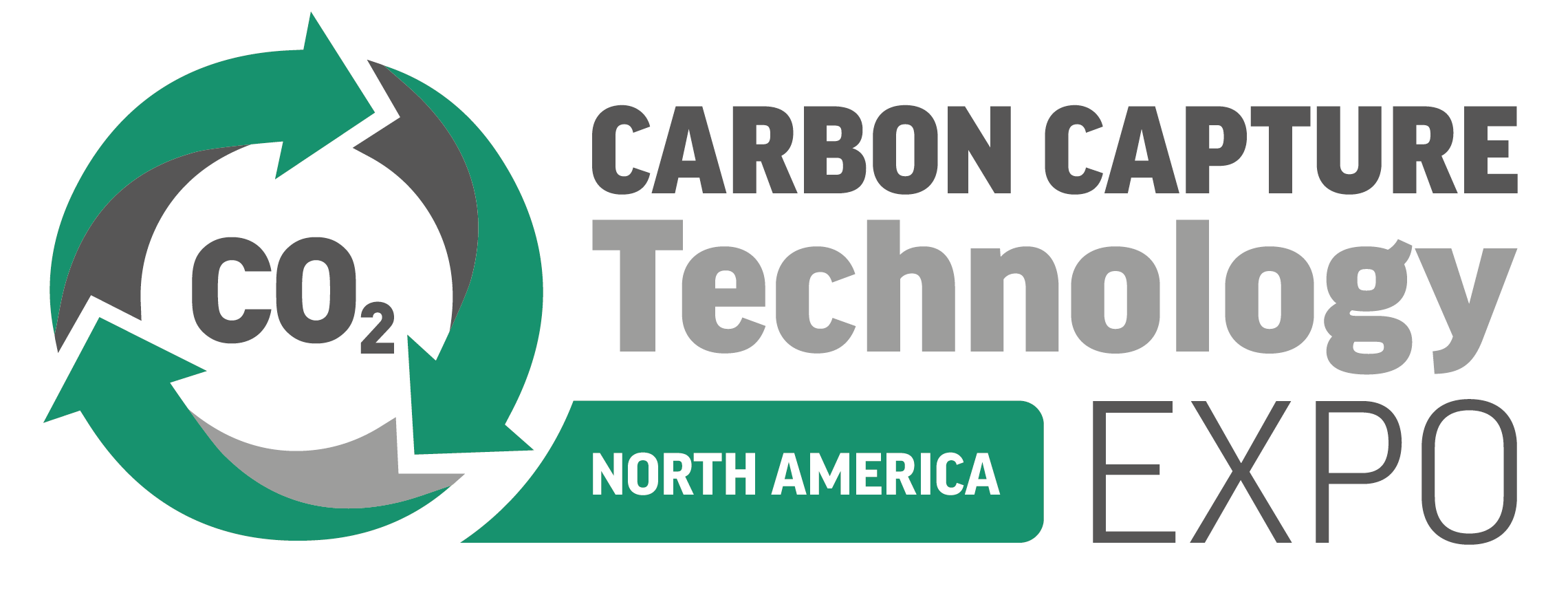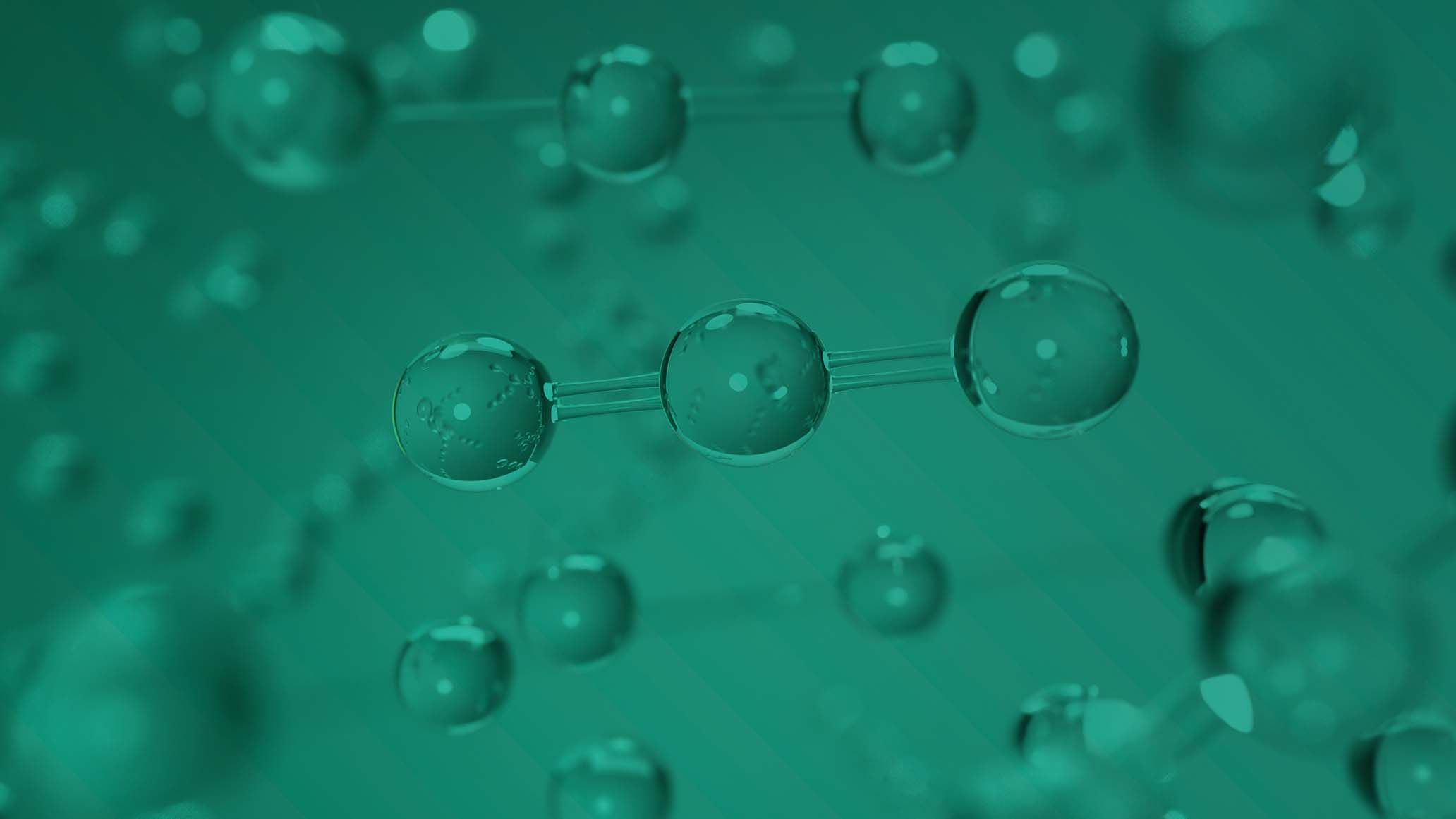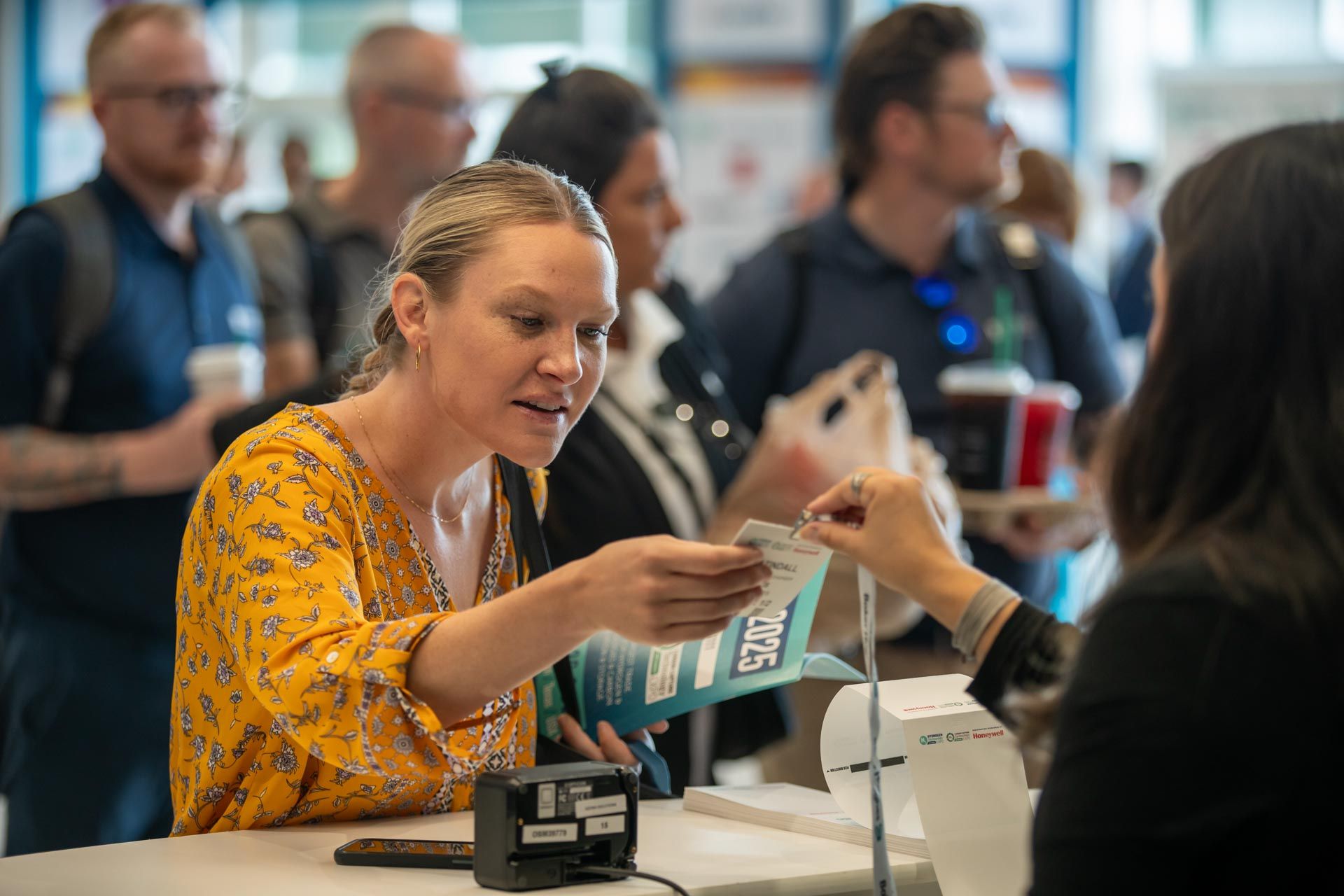A blast furnace CO2 capture trial has begun between MHI and ArcelorMittal Gent
)
MHI and ArcelorMittal Gent have agreed to run a pilot carbon capture unit and this unit’s first stage will be to remain operational for a maximum of two years at the Gent facility. This test will be conducted in order to determine the feasibility of progress to full-scale deployment of the technology. If the technology was converted to full-scale technology, it would then have the potential to capture an excellent amount of the Gent site emissions.
Currently, ArcelorMittal and their partners Mitsubishi Heavy Industries, Ltd. (MHI), BHP and finally, Mitsubishi Development have started to successfully operate a pilot carbon capture unit. This has been made possible through the use of the blast furnace off-gas at ArcelorMittal Gent in Belgium. This site has been under development since January.
ArcelorMittal has decided to facilitate the trial in Gent, Belgium, with the aim of further understanding the potential for MHI’s carbon capture technology to be incorporated into existing steel plants. This trial is being carried out with MHI supplying its proprietary carbon capture technology, as well as, supporting the engineering studies. Alongside supplying high-quality steelmaking raw materials to AreclorMittal’s European operations, BHP and Mitsubishi Development have also agreed to support the funding for the trial.
It has been stated that the trial at Gent will consist of two phases, the first will focus on separating and capturing the CO2 from the top gas from the bast furnace. This task should be performed at a capture rate of an estimated 300kg of carbon dioxide every day and this could be a challenge, as there is normally a differing level of contaminants within the top gas. Once this is complete, the trial will then move into its second phase, which will involve testing the separating and capturing of carbon dioxide in the off-gases in the hot strip mill reheating furnace. This process burns a mixture of industrial gases, including coke gas, blast furnace gases and finally, natural gas.
It was in October 2022 that the four parties made the announcement that they would be collaborating on a multi-year trial of MHI’s carbon capture technology (Advanced KM CDR Process™) at multiple CO2 emission points. The first of these points will be at the Gent steelmaking site.
This project which is currently underway, has lots of potential to feed into multiple CO2 transport and storage projects, especially those which are ongoing within the North Sea region or the projects which are focused on contributing to global technological solutions that are required for the decarbonisation of steel production. For a while now, the EU has had a goal to achieve an annual CO2 storage capacity of fifty million tonnes by 2030 and this aim has been officially proposed under the Net-Zero Industry Act. These aims and goals are another way in which the project which is currently underway portrays a lot of promise towards the carbon capture technology industry.
Speaking in Gent at the consortium meeting, ArcelorMittal Belgium's CEO, Manfred Van Vlierberghe, commented, "ArcelorMittal Belgium's decarbonisation efforts can be summarized in three axes. The first axis focuses on energy efficiency: reuse of waste heat and renewable energy. In our second axis, we are replacing coal with a combination of gas and electrification. And finally, the third axis, is based on circular use of carbon - CCU and CCS. Here, the installation of the carbon capture unit on our Gent blast furnace is a great example. The main ambition is to achieve completely carbon-free processes. A radical change is difficult, so we embrace every step that takes us towards our goal."
MHI's Senior Vice President (CCUS) of GX (Green Transformation) Solutions, Tatsuto Nagayasu, mentioned, "The launch of this pilot carbon capture unit marks a significant milestone on the iron and steel industry's journey toward net-zero emissions. As a provider of innovative technologies, we are thrilled to witness our solutions in action, helping to decarbonize existing assets. We eagerly anticipate further deploying our technologies to achieve this goal."
BHP Group Sales & Marketing Officer. Michiel Hovers, added, "This represents real progress in proving up the feasibility of carbon capture for steel production, and BHP is delighted to be part of this consortium working on the pilot plant. This work could help develop a technology that may significantly lower CO2 emissions intensity from the blast furnace which remains critical to meet steel demand, and while other pathways are further matured."



)
)
)
)
)
)



)
)

)

)
)
)

)
)
)
)
)
)
)
)
)
)
)
)
)
)
)

)
)

)
)
)
)
)
)
)
)
)
)

)
)
)
)
)

